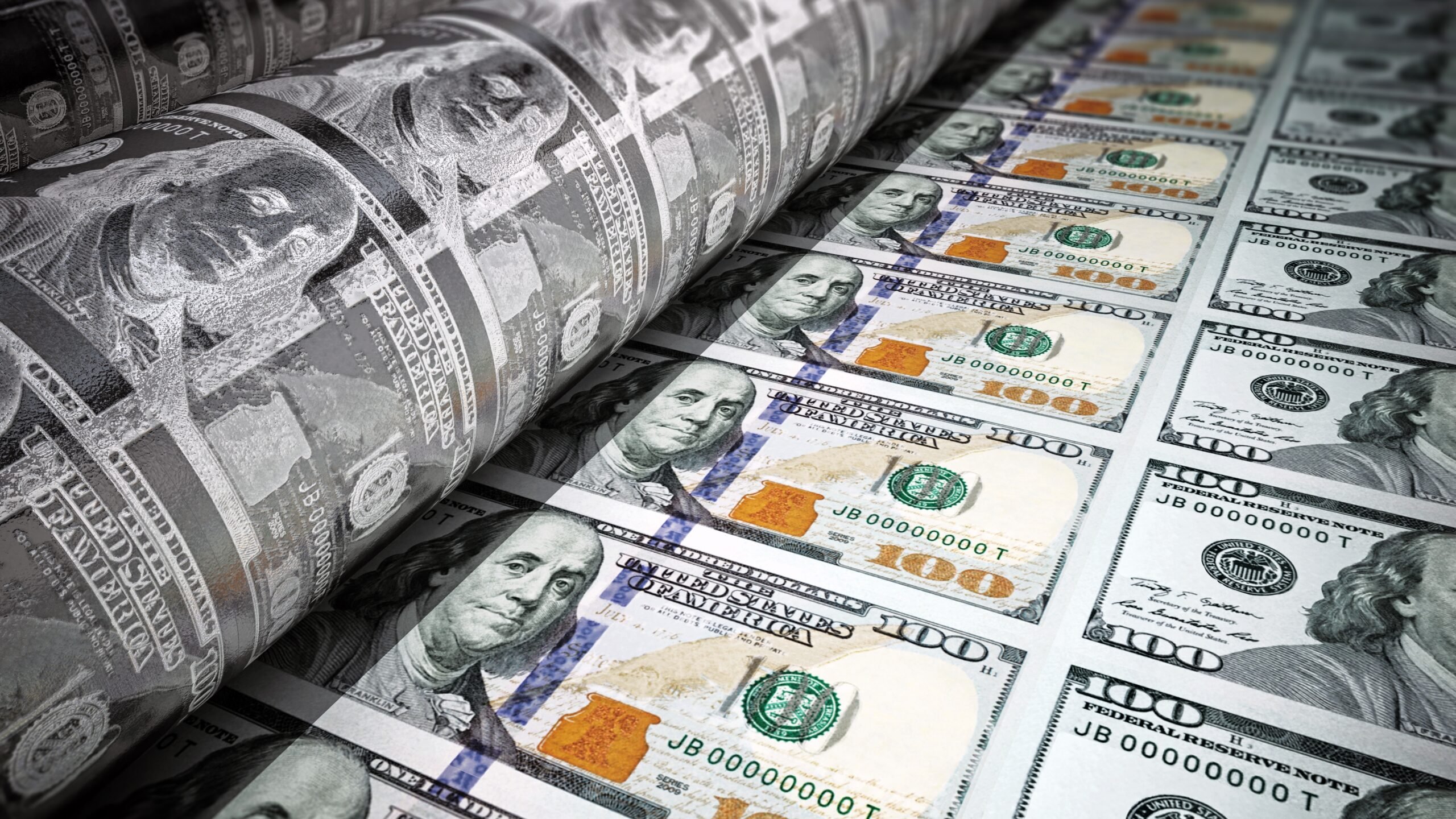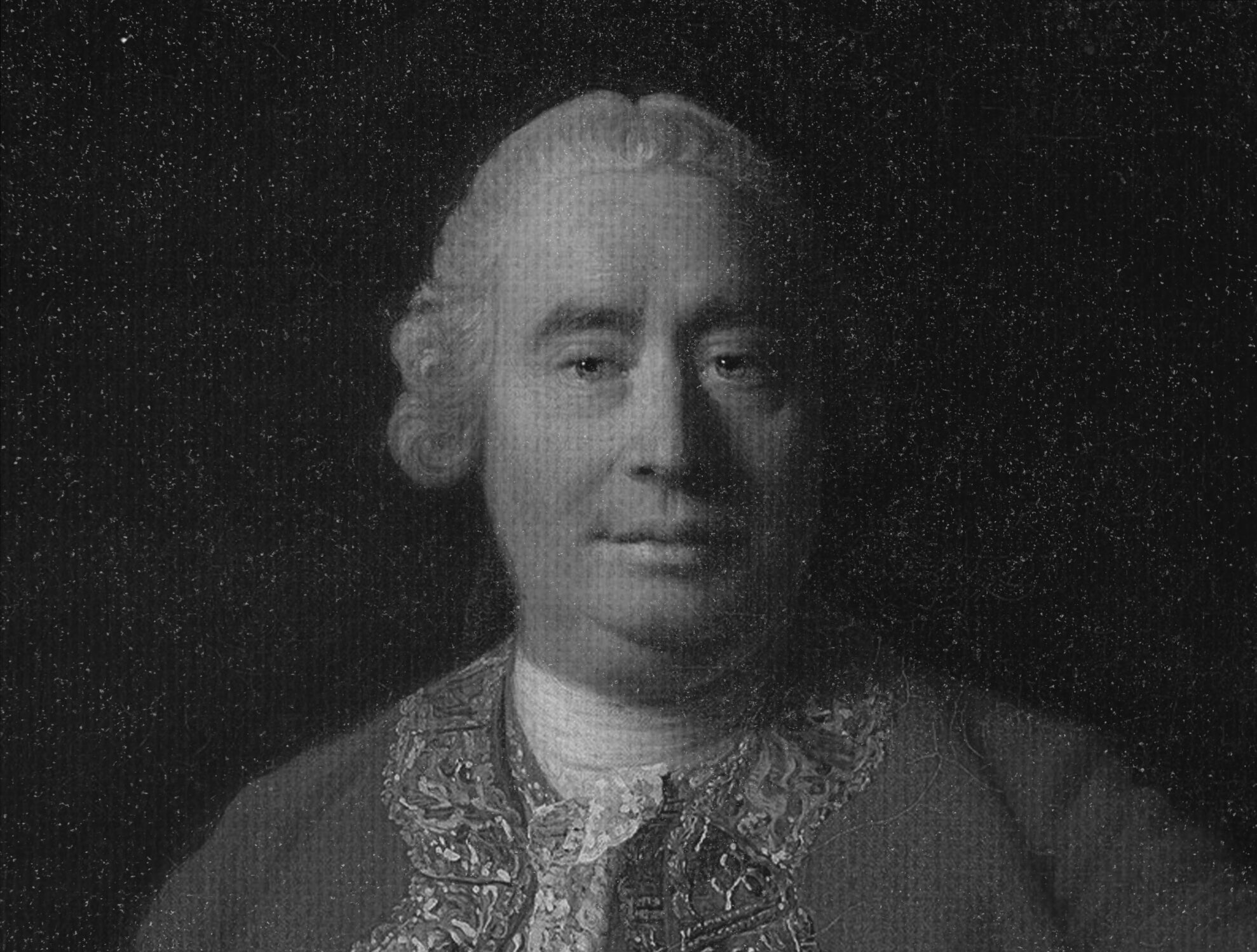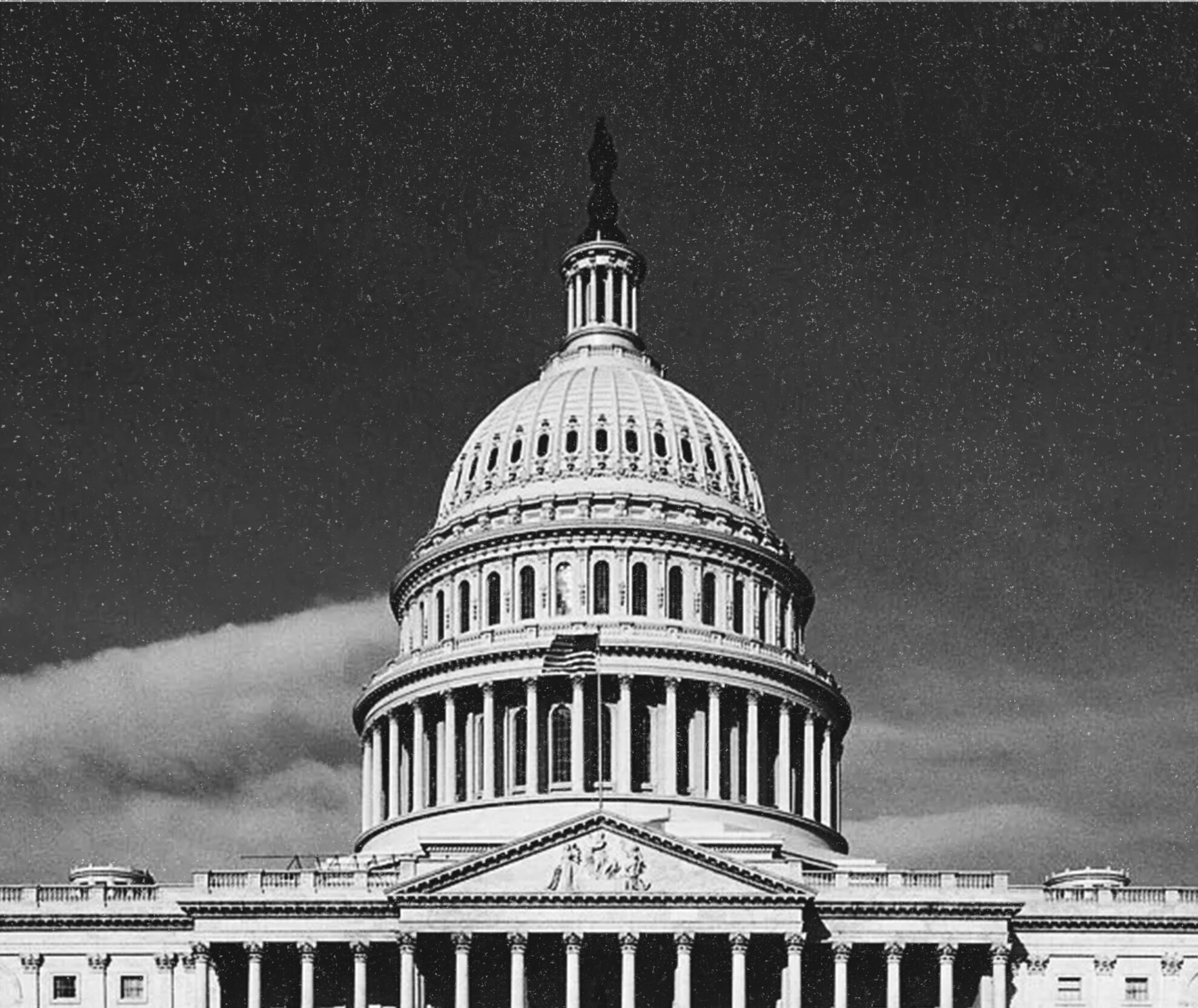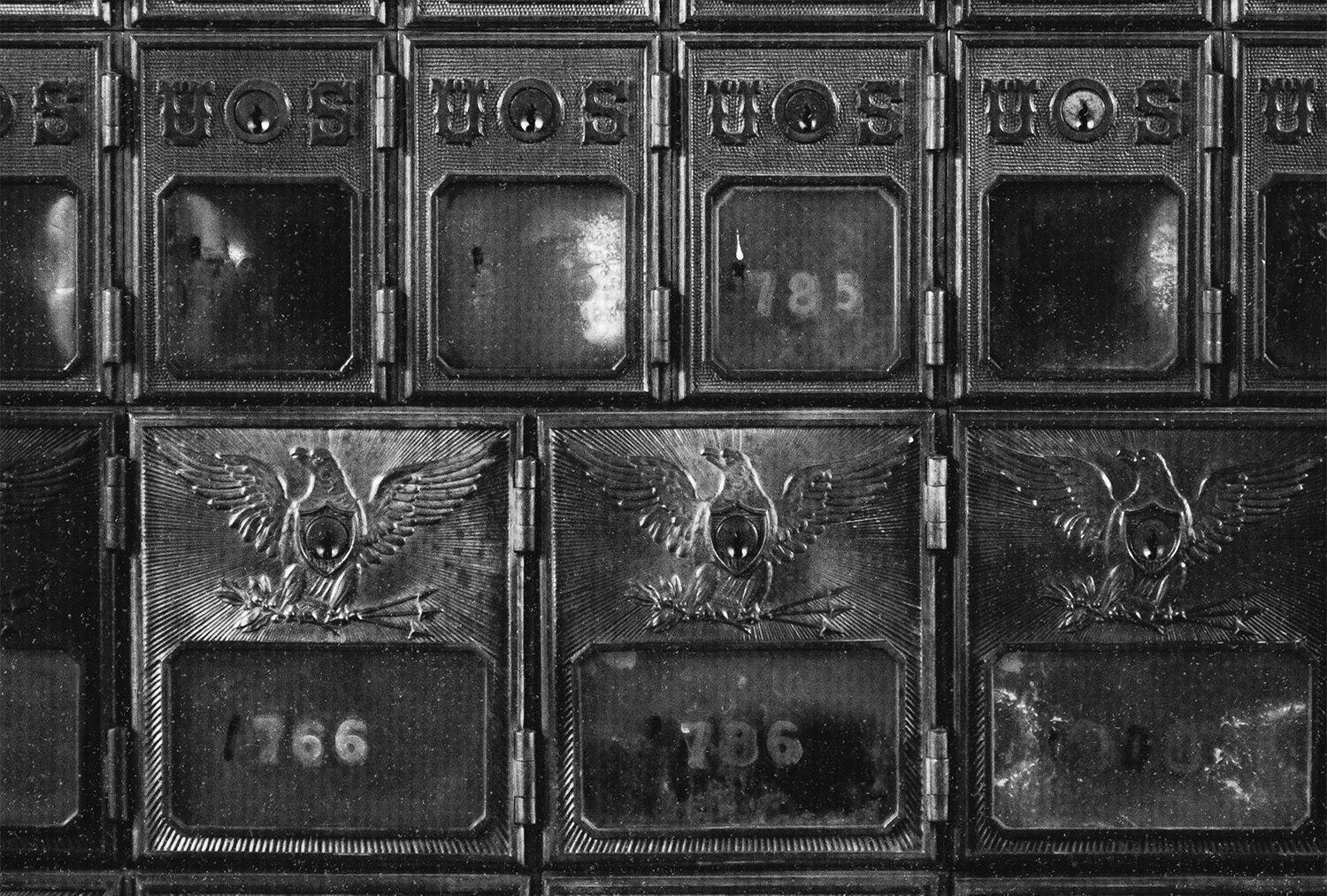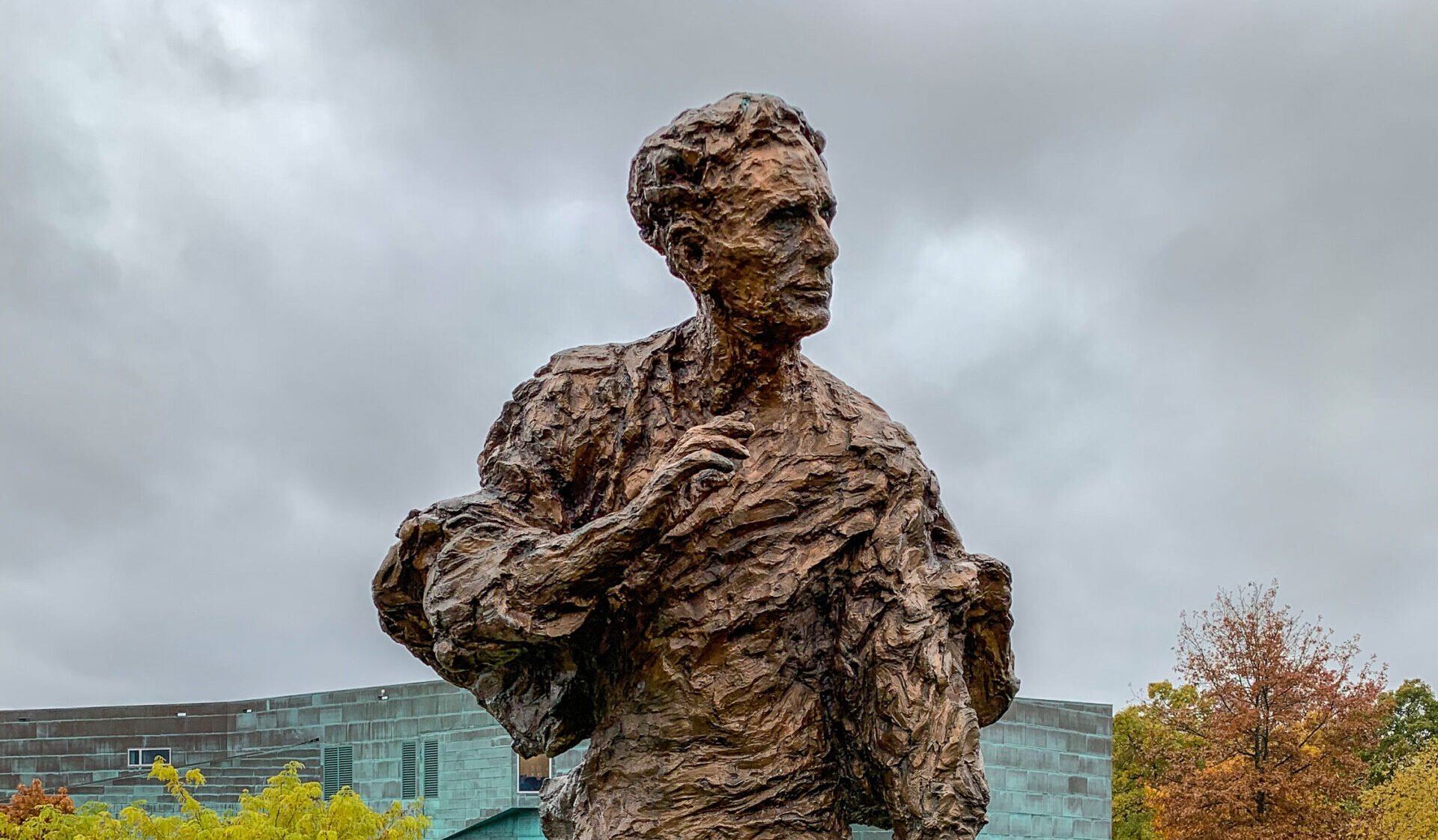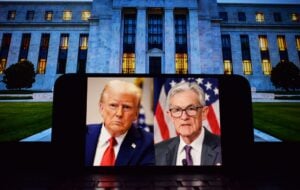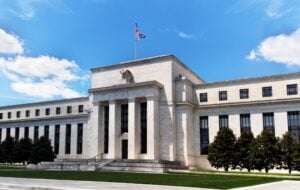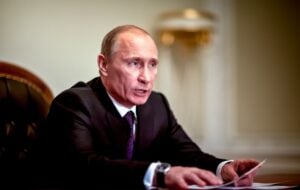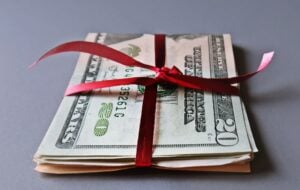Research Hub
Our research encompasses a variety of subjects, including monetary economics, political economy, and defending freedom against collectivism.
Rethinking the Fed’s Framework: Lessons from the Post-Pandemic Inflation
The paper evaluates alternative frameworks and argues that the Fed should adopt either a nominal spending target or a symmetrical average inflation target.
What is Central Bank Independence?
The explainer defines central bank independence, describes its theoretical desirability, and reviews classic and contemporary studies on how central bank independence affects key macroeconomic variables.
How Currency Shapes Global Trade: Exchange Rates, Investment, and Stability
Free trade and free markets promote sound money, as countries compete for business and investment.
Financing the Federal Government: How Government Takes & Spends Your Money
This Explainer will cover where the government takes revenue from, how it spends those dollars, how it prioritizes spending, and what’s projected for the future.
Who Really Sets Tariffs—and How?
In this Explainer, we’ll seek to understand what tariffs are, who gets to set them, and under what conditions.
The Economic Tradeoffs of Property Tax Reform
How do property taxes work in the United States, and what are their economic consequences?
Do the Rich Pay Their Fair Share of Taxes?
Research Fellow Thomas Savidge digs into tax data to answer a frequently echoed question.
Argentina, 1500-2023: An Institutional Story
Argentina serves as a case study for the relationship between institutional environments and economic growth, as reality matches the theoretical predictions: economic freedom is a necessary condition for economic growth.
The Economic Tradeoffs of Property Tax Reform
How do property taxes work in the United States, and what are their economic consequences?
A Tale of Two Populisms: Deconstructing The Neo-Brandeisian and National Conservative Models of Antitrust Law and Political Economy
This paper deconstructs and critiques the neo-Brandeisian and national conservative populisms primarily from this Schumpeterian vantage point
An Enduring Pathway to Worker Prosperity
Where Big Labor is Lacking, Prioritizing Workers’ Choices and Free Markets Can Deliver
Argentina, 1500-2023: An Institutional Story
Argentina serves as a case study for the relationship between institutional environments and economic growth, as reality matches the theoretical predictions: economic freedom is a necessary condition for economic growth.
What the End of the Chevron Doctrine Means
Paul Mueller explains how the regulatory environment and economy changes with the end of the Chevron Doctrine.
What is Central Bank Independence?
The explainer defines central bank independence, describes its theoretical desirability, and reviews classic and contemporary studies on how central bank independence affects key macroeconomic variables.
Who Really Sets Tariffs—and How?
In this Explainer, we’ll seek to understand what tariffs are, who gets to set them, and under what conditions.
The Economic Tradeoffs of Property Tax Reform
How do property taxes work in the United States, and what are their economic consequences?
AIER Papers
Sound Money Project
Public Choice & Public Policy Project
Our scholars offer regular commentary and in-depth analysis on public policy using the tools of Public Choice Economics. Sign up for the newsletter or learn more about the project.
